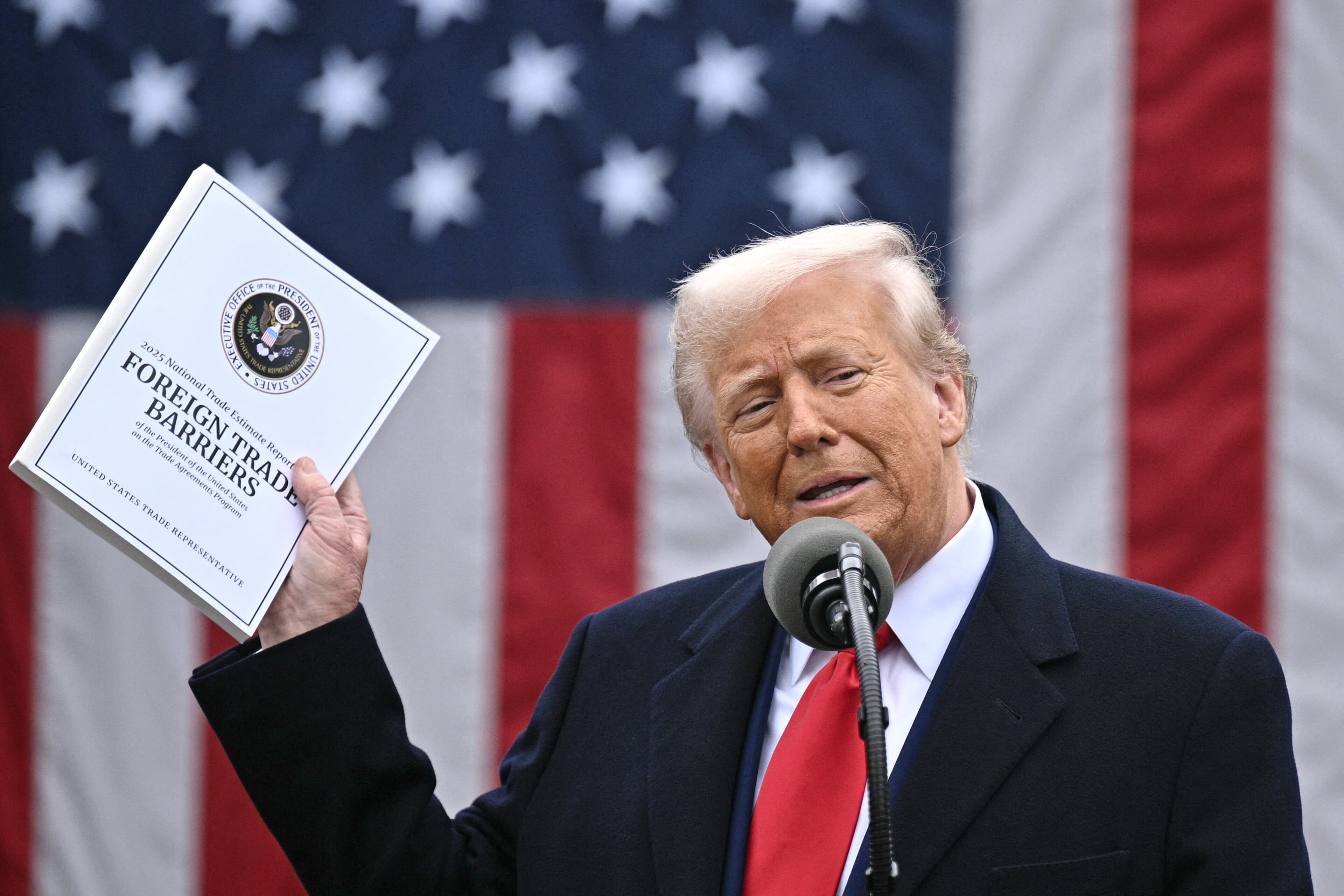*By Carlo Versano* Can a computer be creative? Legendary auction house Christie's will make art history next week when it sells a work that was produced entirely by artificial intelligence. The piece ー an oil painting on canvas, "Portrait of Edmond de Belamy" ー is "the first A.I.-generated image that's going to be sold at a major art auction house," said Lindsay Griffith, a specialist in the print department at Christie's. The artwork is part novelty, part fascinating fodder for an ongoing debate on the role of technology in art ー whether machines can, in essence, show creativity. The portrait was created by Obvious, a French art collective, though no humans were involved in generating it. Instead, an algorithm was given 15,000 images of 18th century oil portraits until it could create its own image that then fooled another algorithm designed to identify the difference between an image generated by a machine or a human. The resulting [image](https://www.christies.com/features/A-collaboration-between-two-artists-one-human-one-a-machine-9332-1.aspx) "reminds us of 18th century portraiture," said Griffith, even if it may not be entirely convincing as a "real" painting from the period. Two other prints from the series have been sold to private collectors, but the auction, which begins at Christie's on Oct. 23, will be the first time one of the prints goes under the gavel for the public. The work is expected to fetch between $7,000 and $10,000, according to Griffith, who said the auction house has seen heavy interest, mostly from non-traditional collectors who are interested in the union of art and cutting-edge technology. "People really want to be engaged in the conversation about artificial intelligence," she said. "This is way of having it on the wall." For full interview [click here](https://cheddar.com/videos/art-by-a-i).












